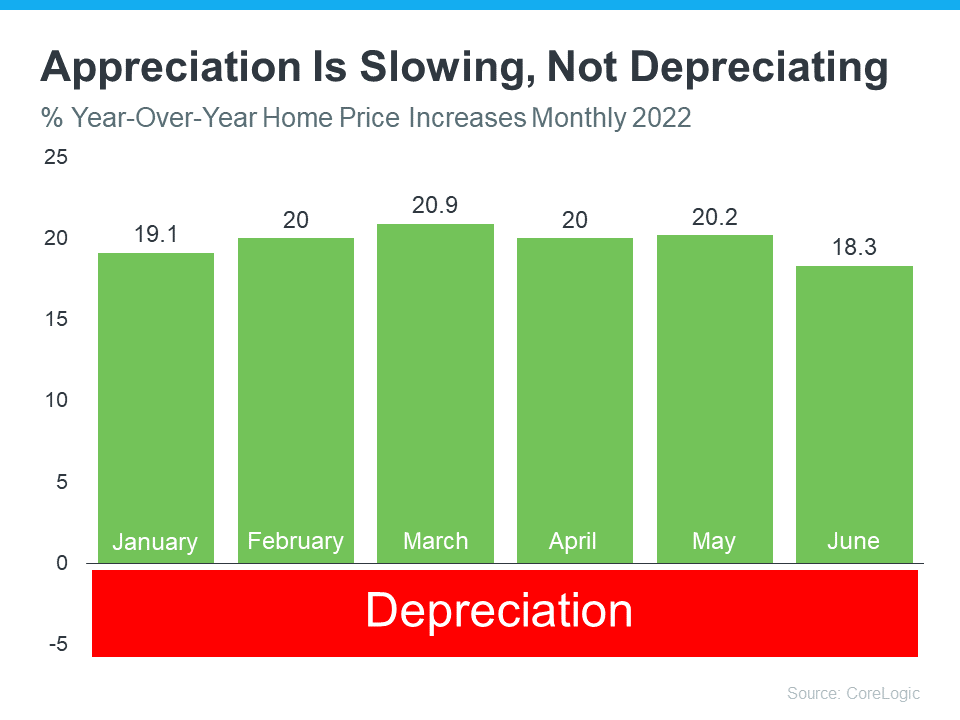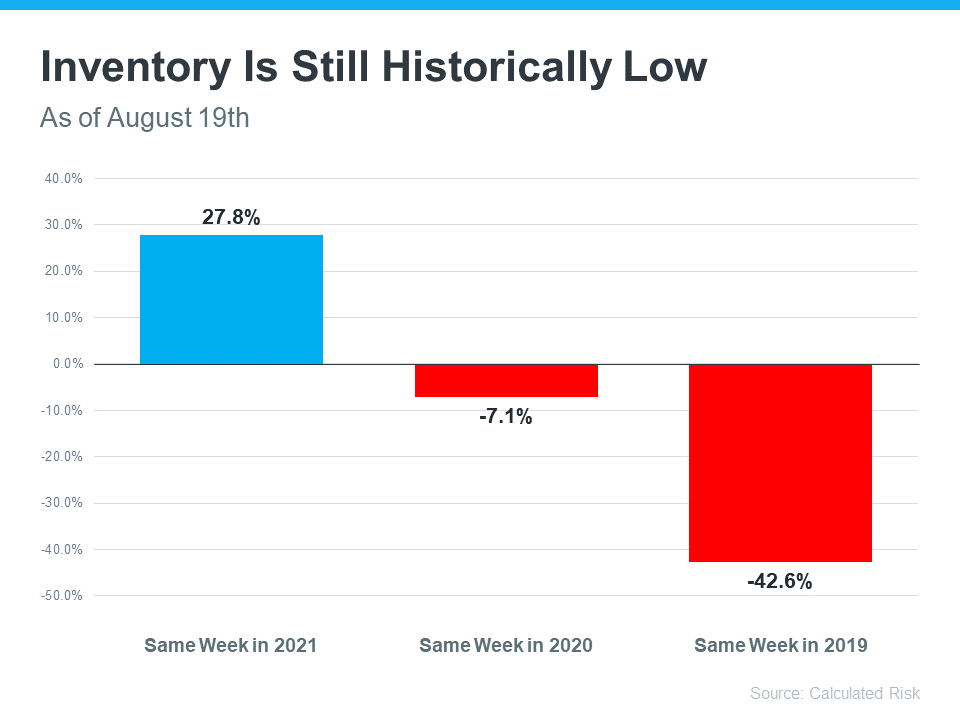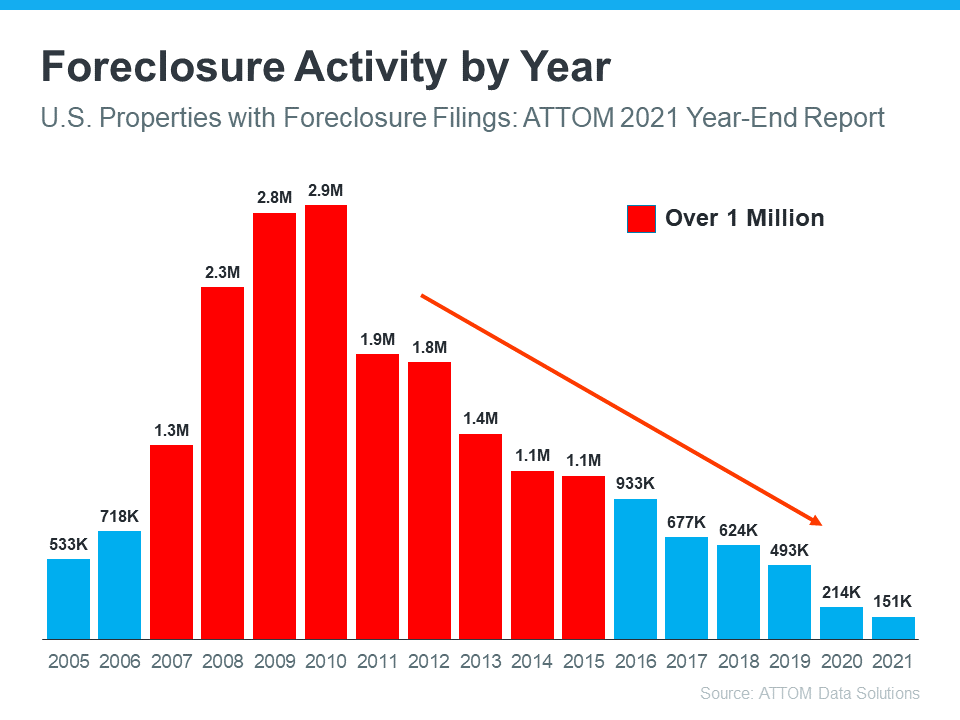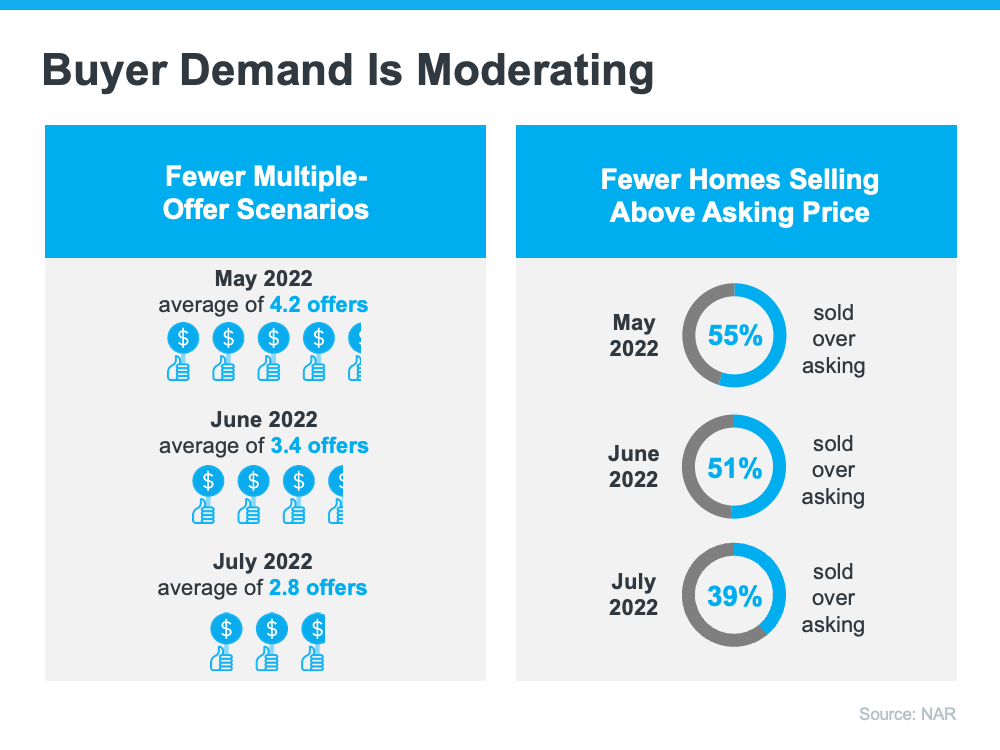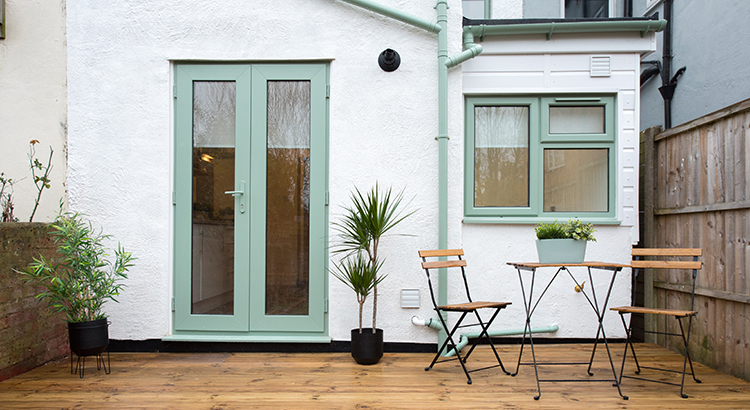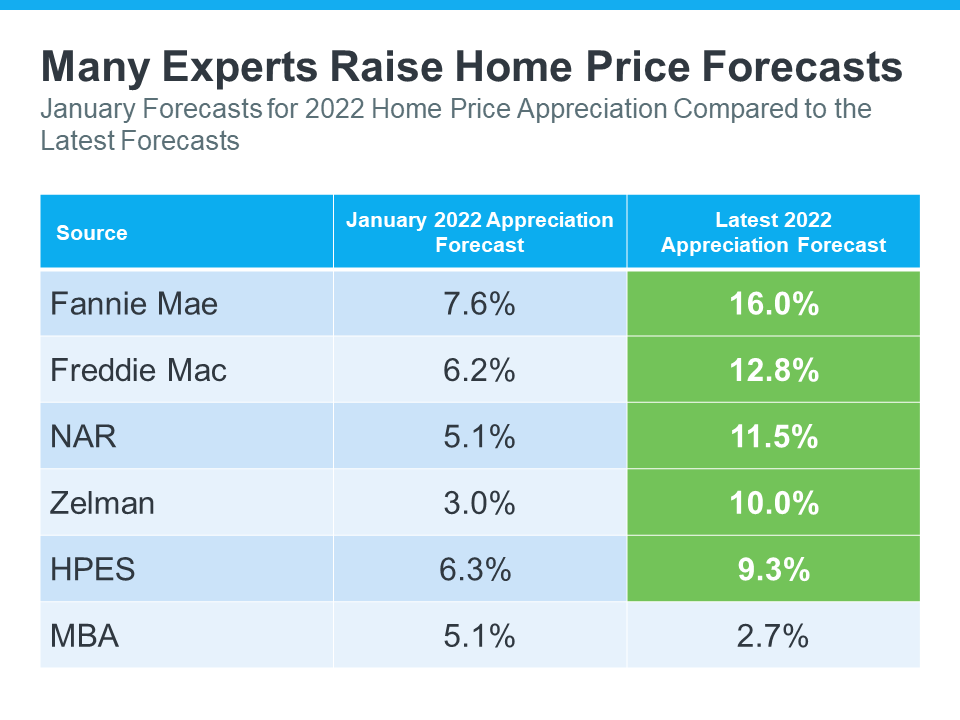Will My House Still Sell in Today’s Market?
 ASK DAN THE REAL ESTATE MAN
ASK DAN THE REAL ESTATE MAN
Dan Copelin Opportunity Realty 417-224-3206 or email your questions to Dancopelin@gmail.com

If recent headlines about the housing market cooling and buyer demand moderating have you worried you’ve missed your chance to sell, here’s what you need to know. Buyer demand hasn’t disappeared, it’s just eased from the peak intensity we saw over the past two years.
Buyer Demand Then and Now
During the pandemic, mortgage rates hit record lows, and that spurred a significant rise in buyer demand. This year, as rates increased due to factors like rising inflation, buyer demand pulled back or softened as a result. The latest data from ShowingTime confirms this trend (see graph below):
The orange bars in the graph above represent the last few months of data and the clear cooldown in the volume of home showings the market has seen since mortgage rates started to rise. But context is important. To get the full picture of where today's demand stands, let's look at the July data for the past six years (see graph below):
This second visual makes it clear that, while moderating compared to the frenzy in 2020 and 2021, showing activity is still beating pre-pandemic levels – and those pre-pandemic years were great years for the housing market. That goes to show there’s still demand if you sell your house today.
What That Means for You When You Sell
The key to selling in a changing market is understanding where the housing market is now. It’s not the same market we had last year or even earlier this year, but that doesn’t mean the opportunity to sell has passed.
While things have cooled a bit, it’s still a sellers’ market. If you work with a trusted local expert to price your house at the current market value, the demand is still there, and it should sell quickly. According to a recent survey from realtor.com, 92% of homeowners who sold in August reported being satisfied with the outcome of their sale.
Bottom Line
Buyer demand hasn’t disappeared, it’s just moderated this year. If you’re ready to sell your house today, let’s connect so you have expert insights on how the market has shifted and how to plan accordingly for your sale.
Who do you know that might be thinking of making a real estate move? Just call me @ 417-224-3206. Remember Dan Copelin will go to any lengths to make sure you get the opportunities you deserve. Dancopelin@gmail.com
Tune in next time for more exciting adventures of Dan The Real Estate Man 2.0

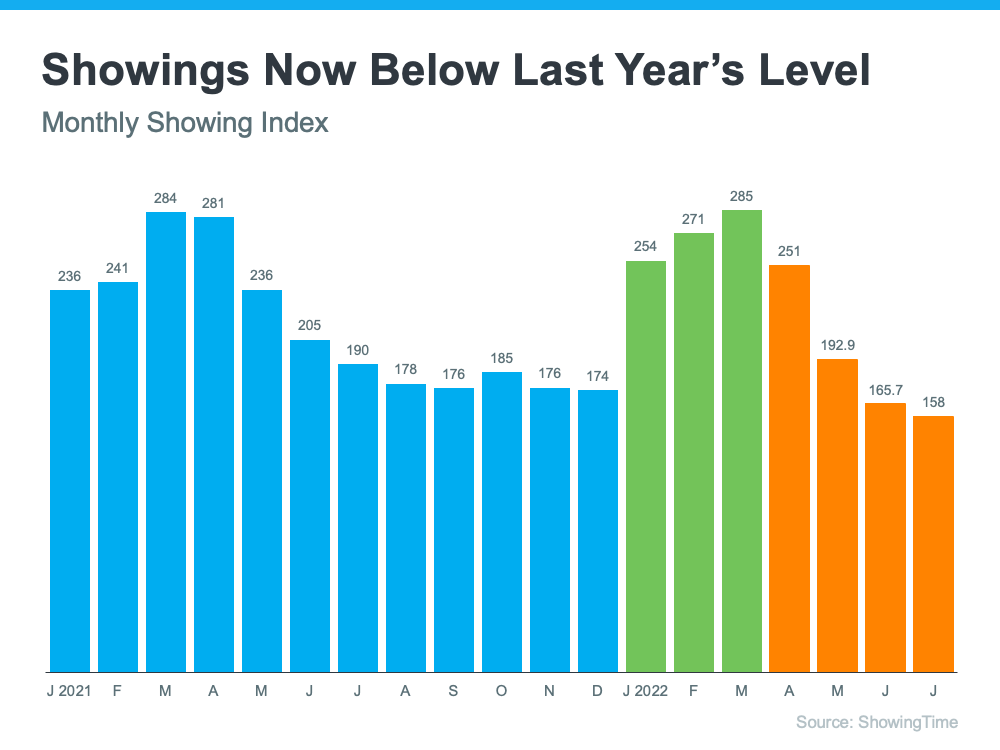
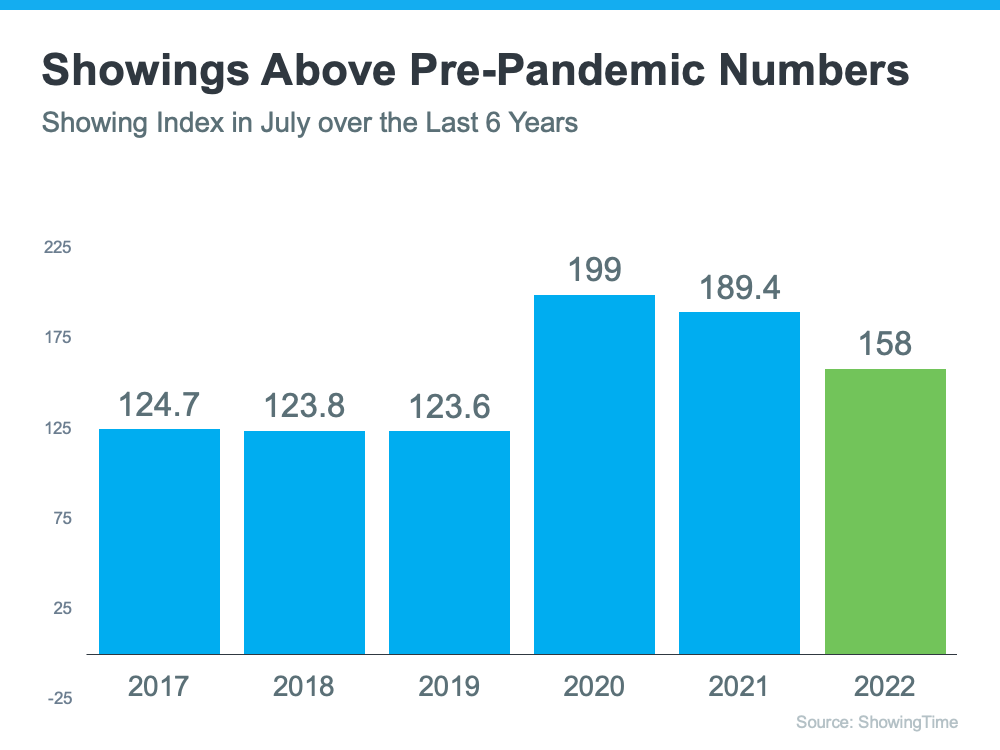




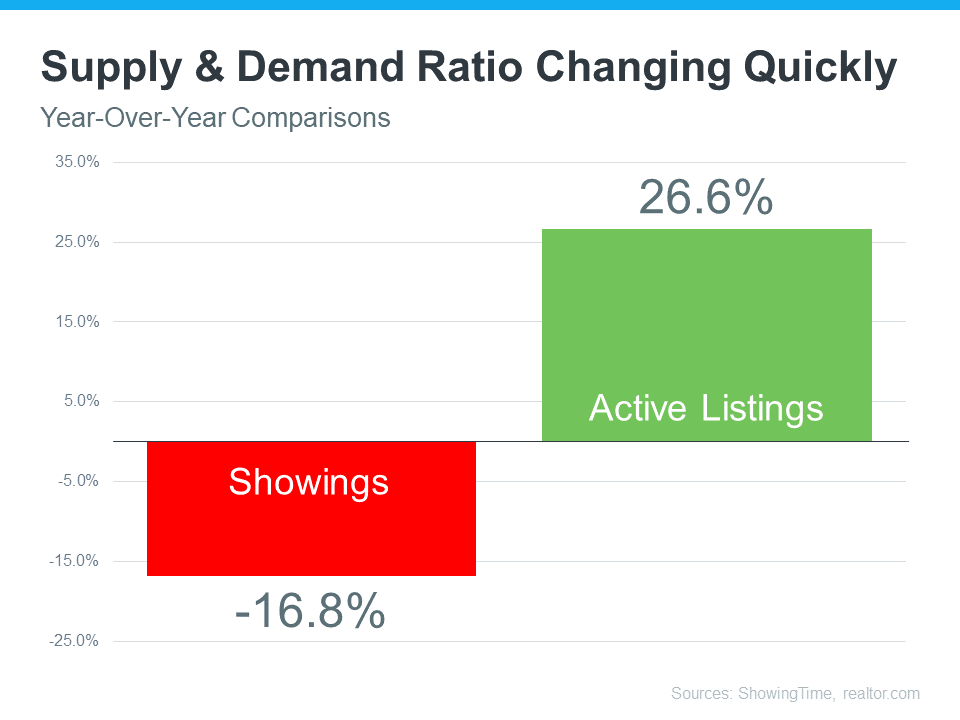
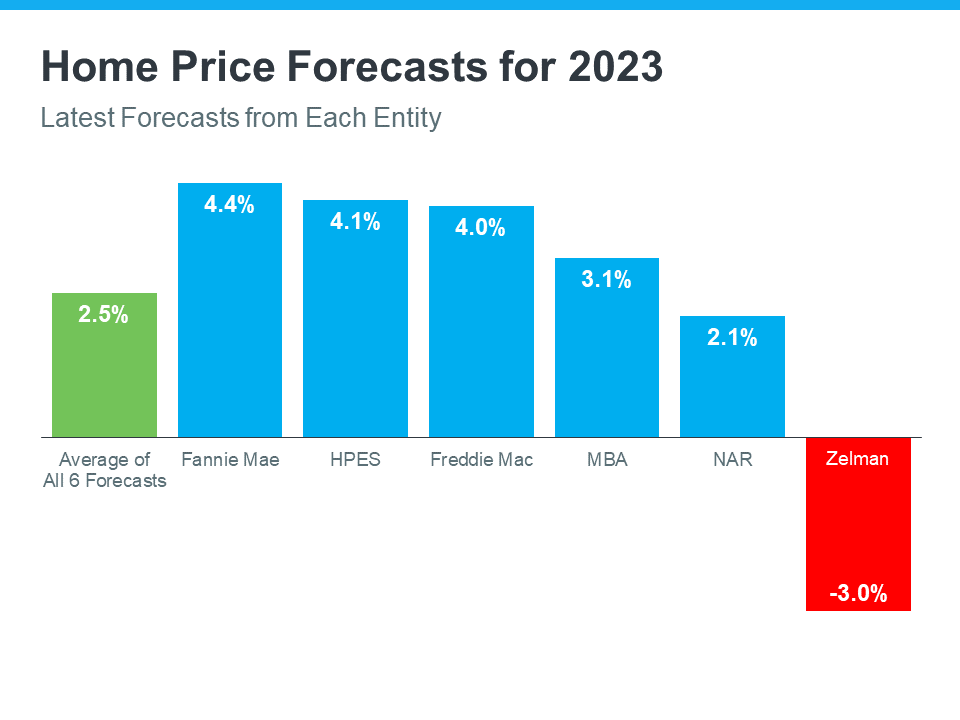


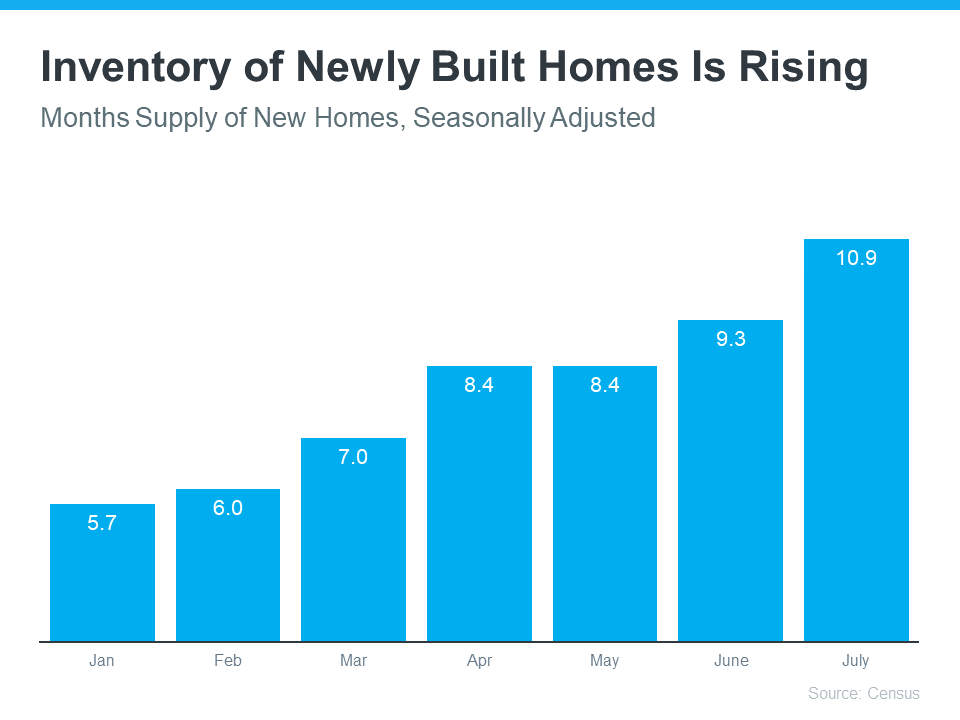


![Here's Why It's Still a Sellers' Market [INFOGRAPHIC] | MyKCM](https://files.mykcm.com/2022/09/01081742/20220902-MEM-1046x1874.png)


